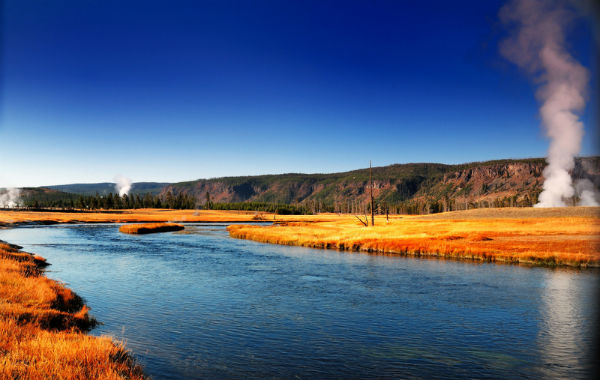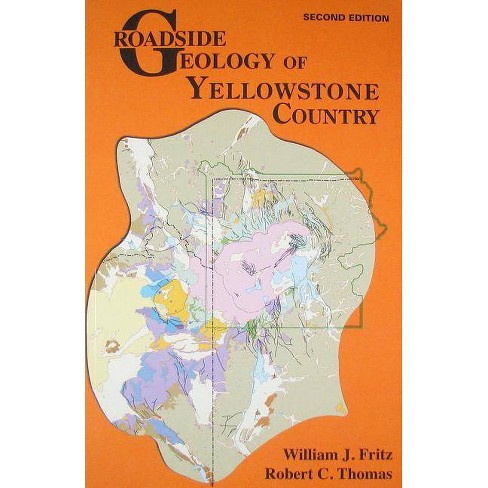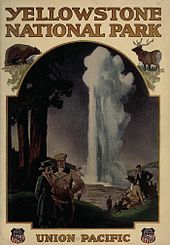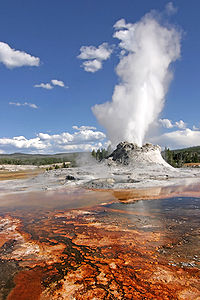Archeology is the scientific study of past human culture, technology, and behavior based on the analysis of remains that people have left behind. Archaeologists propose, evaluate, and undertake research projects to learn how specific ways of life developed and how they changed over time. Archeological research is based on the premise that elementary human needs for food, shelter, and social organization span time; archaeologists use careful methods to record and excavate sites, and to examine material remains that people left behind. These remains reflect their individual cultures and by studying the remains we can learn about these early people. The study of the nonrenewable and fragile remains of past cultures instills awareness for the need to preserve and protect archaeological sites.
Archaeologists study remains from the historic period as well as prehistoric Indians. Due to earlier settlements in the east and then westward expansion, the historic/prehistoric boundary varies from area to area in North America. For Yellowstone, the historic period (and written records) begins in the late 18th century. In the park, historic archeology includes the remains of early tourist hotels, Army soldier stations, and historic period Native American sites. The Army managed the park from 1886 to 1918 (the National Park Service began in 1916). Artifact is the general name given to an object that has been modified by people and includes various bone and stone tools and the flakes from their manufacture and repair. Organic materials (wood, bone, basketry, clothing) are only rarely preserved in the park’s environment, so stone artifacts comprises the majority of evidence of precontact (with Europeans) or prehistoric (before written records) lifeways in sites.

 Waterfalls
Waterfalls Rivers, Streams, & Lakes
Rivers, Streams, & Lakes Geology
Geology Plant Life
Plant Life History of Yellowstone
History of Yellowstone Thermal Features
Thermal Features